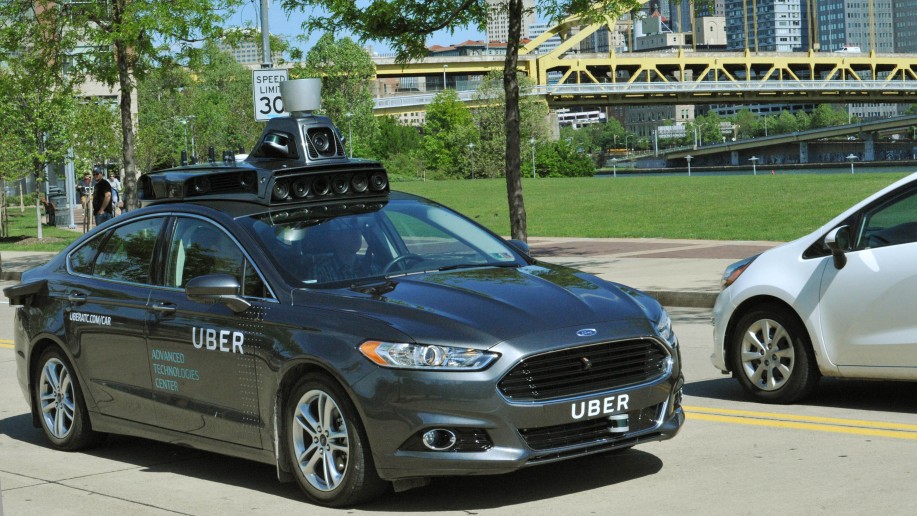Brits are more likely to work during a commute in a fully autonomous car, compared to their traditional commute, according to new research.
The OnePoll survey, conducted by webuyanycar.com, asked 2000 UK motorists who currently drive to and from work what they would do during a commute in a fully autonomous car.
Key findings:
● 27% of Brits would work during a commute in a fully autonomous car
● Millennials are more likely to work during a commute in a fully autonomous car
● 17% of men would meditate during a commute in a fully autonomous car
The results reveal that 27% of respondents would work and read emails whilst commuting in a fully autonomous car. This response was highest amongst millennials compared to their older counterparts.
When breaking the responses down by age, the survey reveals that the millennials are most likely to work during a commute in a fully autonomous car. 15% of respondents aged between 18 and 24, and 17% of 25 to 34-year olds, would work and read emails during a commute in a fully autonomous car. This compared to just 1 in 10 (11%) of 45 to 54-year olds.
When looking at the results by region, respondents in London and the West Midlands are the most likely to work during a commute in a fully autonomous car. A total of 17% of motorists in London, and 15% in the West Midlands, said that they would work and read during a commute in a fully autonomous car.
The results also revealed that 15% of respondents would meditate whilst commuting in a fully autonomous car. This response was highest amongst male respondents with 17% of male motorists saying that they would meditate in a driverless car.
Richard Evans, the head of Technical Services at WBAC said “We were keen to find out how motorists would utilise the free time afforded to them by commuting in a fully autonomous car. The findings of our survey suggests that workers in the UK would use this time to make a dent on their inbox before arriving at the office, or continuing to work on the journey home rather than working after hours. Driverless cars may not just have a positive impact on rush hour traffic, but also employee productivity.”
Richard Evans, also said “Our survey shows that maintaining a centred headspace is important to today’s commuters. A recent study by VitalityHealth, the University of Cambridge, RAND Europe and Mercer has proven that long commutes are bad for people’s health. It’s exciting to think of the positive impact that commuting in driverless cars could have on our wellbeing, not just in the UK, but globally.”
Methodology
The raw survey data that includes age, gender and region demographics can be provided upon request.

